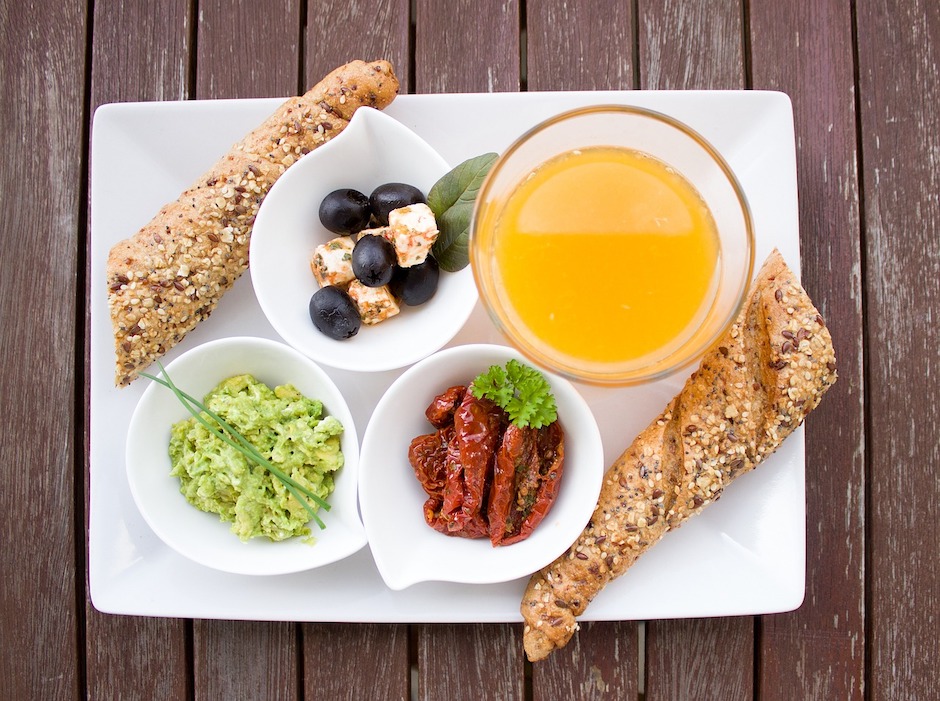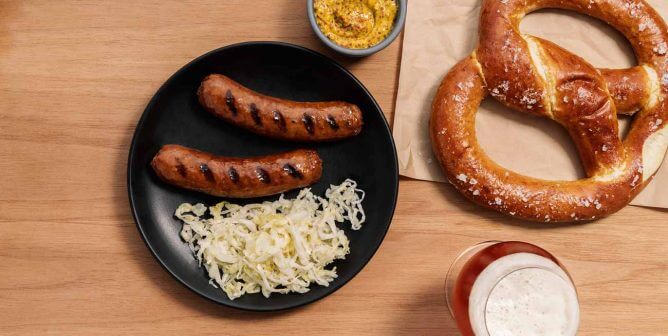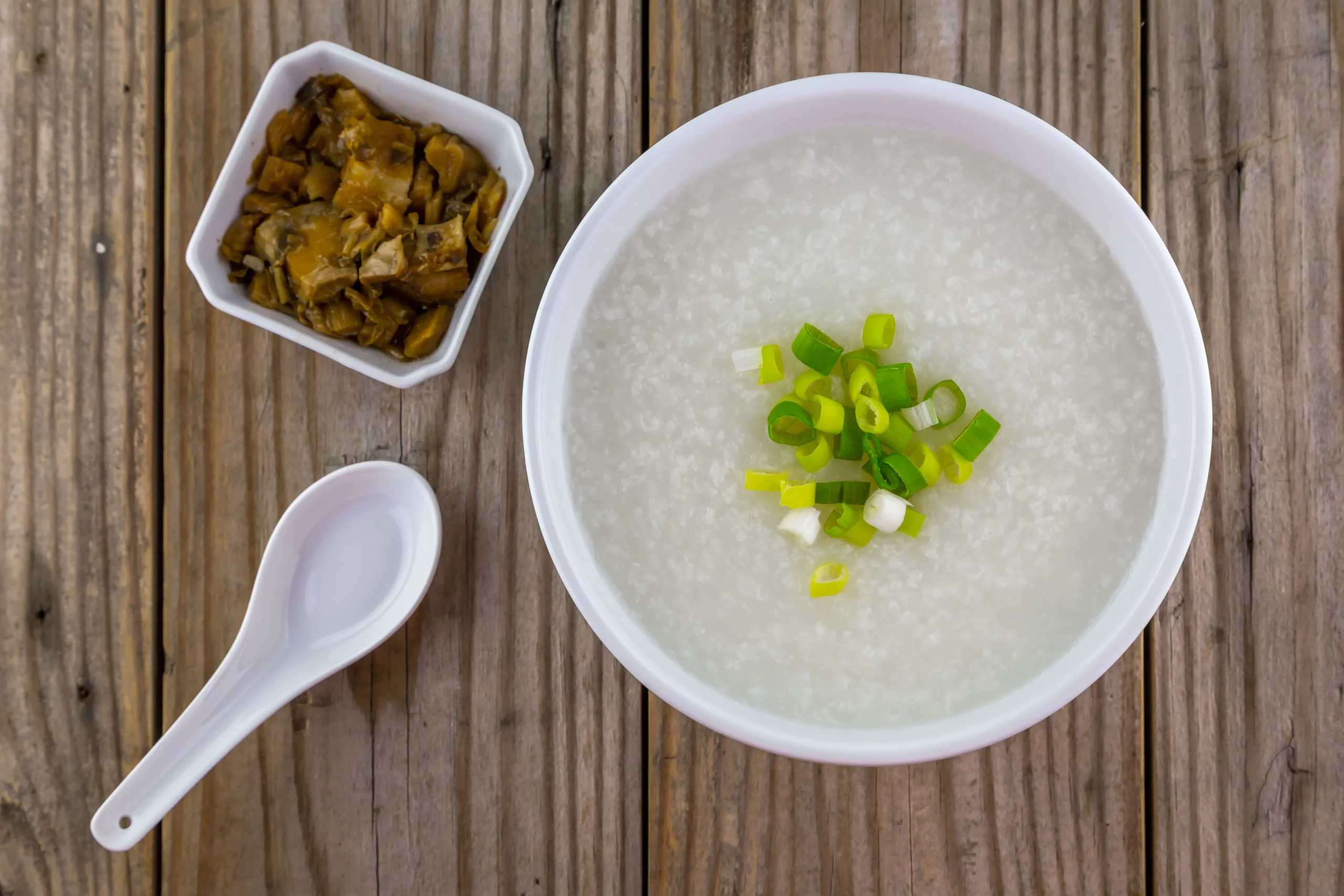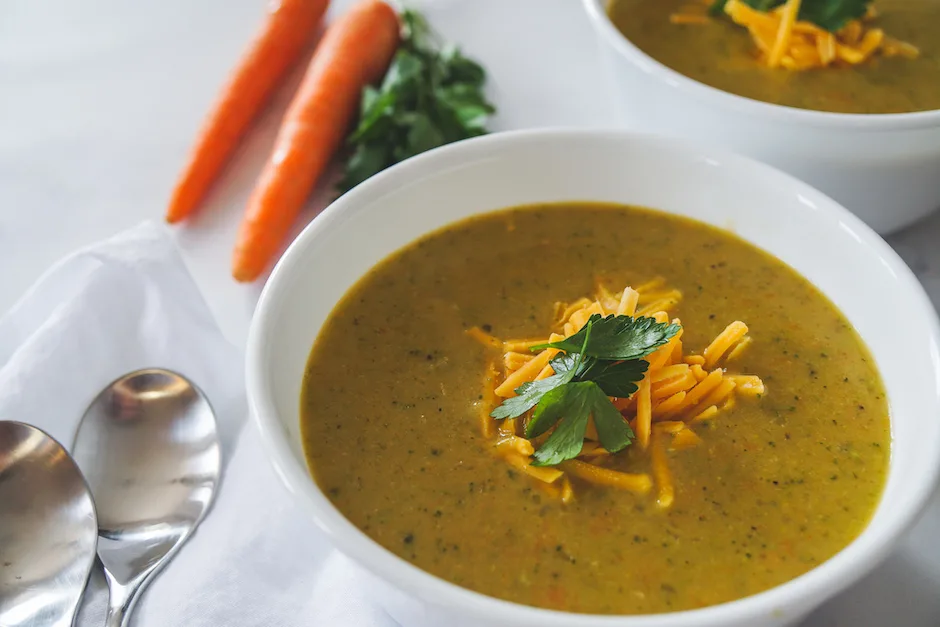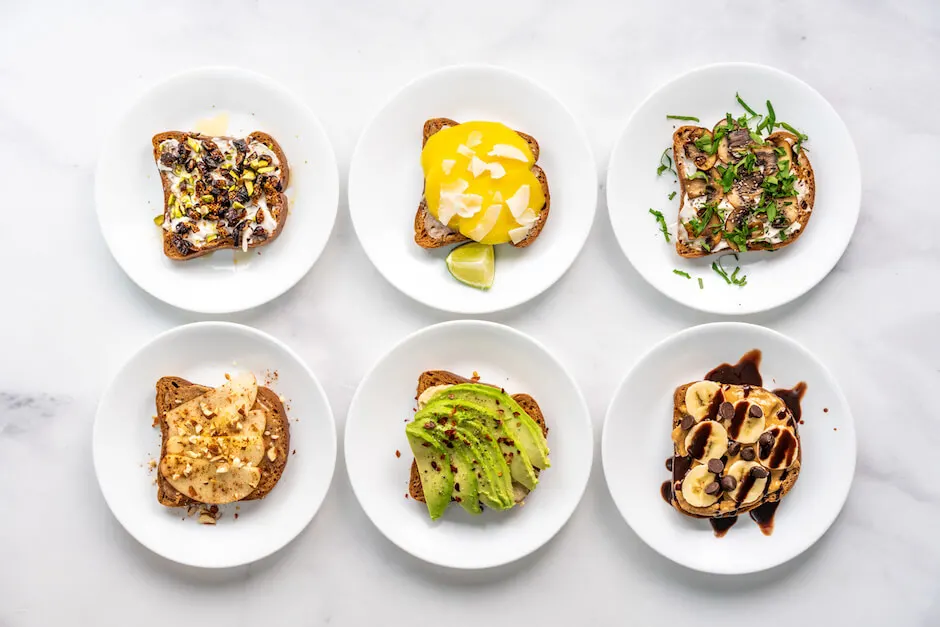The word is out: Ultra-processed foods are leading to declining life expectancies in the U.S., poor gut health, more dementia, rising rates of diabetes, and many other health issues. We don’t have to take this lying down. Let’s start to get these foods out of our diets. Here’s how to do it.
What is Processed Food?
First, let’s talk about what an ultra-processed food is and isn’t. It isn’t simply a “processed food” although a lot of times we see these terms used interchangeably. People have been processing food for thousands of years. Dried, canned, milled, or fermented foods are all examples of processed food, and that’s not necessarily not a bad thing. Processing food has helped humans survive and thrive by making it last a bit longer and stabilizing our food supply.
On the other hand, ultra-processed food is a modern creation. And until very recently, we didn’t realize was doing as much harm as it is. Ultra-processing food started to really take off in the mid-1900s with the addition of all kinds of substances to traditionally processed foods to make them last longer—perhaps years longer. As more thickeners, stabilizers, and emulsifiers were discovered, they were added to a myriad of foods. Today, ultra-processed foods make up nearly 60% of the standard American diet for adults and as much as 70% of our kids’ diets.
The problem is that these ultra-processed foods underwent very little testing since our bodies cannot even digest most of them. It was long thought that the additives were something our bodies couldn’t use and they would just pass right through us, like the random facts we’d cram right before an exam, gone the next day. Only, it turns out that our guts aren’t empty tubes, they are lush gardens, and the substances that we don’t digest—fake sugars, emulsifying agents, and thickeners—the bacteria that make up our microbiome do digest. And what we feed our microbiome matters a lot. Our ultra-processed diets have been fertilizing the microbial weeds instead of the flowers. This leads to increased rates of obesity, diabetes, and maybe even some cancers.
Reversing the Damage from Ultra-Processed Foods
So, what’s a good gut gardener to do? Most importantly, don’t panic. Nothing has been done that can’t be undone. You can make choices today that can radically benefit your health. Cut out the ultra-processed stuff and replace it with whole foods that you enjoy. Within a day or two, you’ll start to see big changes happening in your bowels, your blood sugar, and quite possibly your mood. So, here’s how you do that.
In my book, Eat Everything, I list 25 additives to avoid. For the sake of simplicity, a good rule of thumb is to look at the ingrediens in the foods you buy. If an ingredient is listed that you can’t picture in nature, put the package back on the shelf. It’s important to recognize that ultra-processed foods aren’t just the chips and candy bars that we might be avoiding when trying to eat healthy. We get tripped up because many of the so-called healthy foods promoted as good for us are really just as bad as the chips, maybe even more so.
Become a Label Reader
When you go shopping, ignore the front of packages with words like “natural” or “organic” or even “handmade.” Instead, start becoming an ingredient list reader. Instead of ultra-processed, too sweet yogurt with 10 ingredients, opt for yogurt made with just milk and bacterial cultures. Top it with some fresh fruit. Instead of a shelf-stable salad dressing made to last for years with all manner of gums and additives, mix up some oil and vinegar or lemon juice and dress your salad with that.
This week, skip the supermarket bread that says “whole grain” or “whole wheat” on the front of the package, but the back of the package reveals a whole bunch of ingredients that you can’t picture in your mind’s eye as growing anywhere but on a laboratory bench. Instead, look in the freezer section for bread with minimal ingredients, preserved by freezing, not additives. By making a change or two every time you go to the grocery store, within a few weeks, you will start to walk back the ultra-processed takeover of your kitchen.
It Starts with One Bite
Lastly, ignore the voices that tell you that you can’t do this. We don’t have to accept that our food supply is a mess and we have to struggle with diet-related diseases as a consequence. When we first can recognize an ultra-processed food (read those labels!) and then instead choose a whole food or less processed alternative, we are taking back control over our bodies. Food should be a source of joy and health, not discomfort. Replace those ultra-processed products with things that you enjoy just as much or even more. You absolutely can make positive changes to get this stuff out of your diet. It starts with just one bite.
______________________________________________________________________________
Guest Blogger Highlight
Dawn Harris Sherling, MD
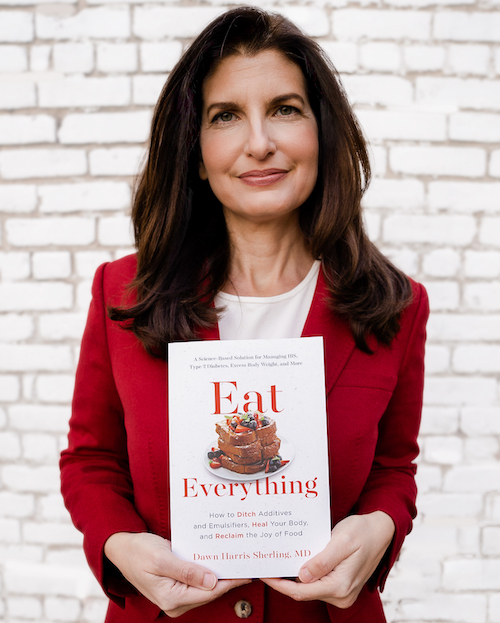
Author of Eat Everything: How to Ditch Additives and Emulsifiers, Heal Your Body, and Reclaim the Joy of Food
Dawn Harris Sherling M.D. is an internal medicine physician and author whose work calls out the rampant diet-related misinformation out there and simplifies the real science and latest medical advancements that can not only heal a host of digestive related illnesses, but also make eating easier and more joyful again. A graduate of the Yale University School of Medicine, she is board certified by the American Board of Internal Medicine, a fellow of the American College of Physicians, a diplomate of the American Board of Obesity Medicine, and a former Instructor in Medicine at Harvard University.
After struggling with IBS herself, Dr. Dawn Harris Sherling’s symptoms seemingly disappeared while in Italy. In an effort to help her patients and herself, Dr. Sherling began learning more about how food additives such as emulsifiers, thickeners, and stabilizers are wreaking havoc on our microbiomes and how eliminating them can reverse several diet-related diseases. Dr. Sherling currently sees patients at a clinic for the underserved in South Florida and teaches at the Charles E. Schmidt College of Medicine at Florida Atlantic University where she serves as Associate Professor of Internal Medicine and Associate Program Director for the Internal Medicine Residency Program.
Want to dig a little deeper? Come check out this post about the 8 Root Causes of Disease.
